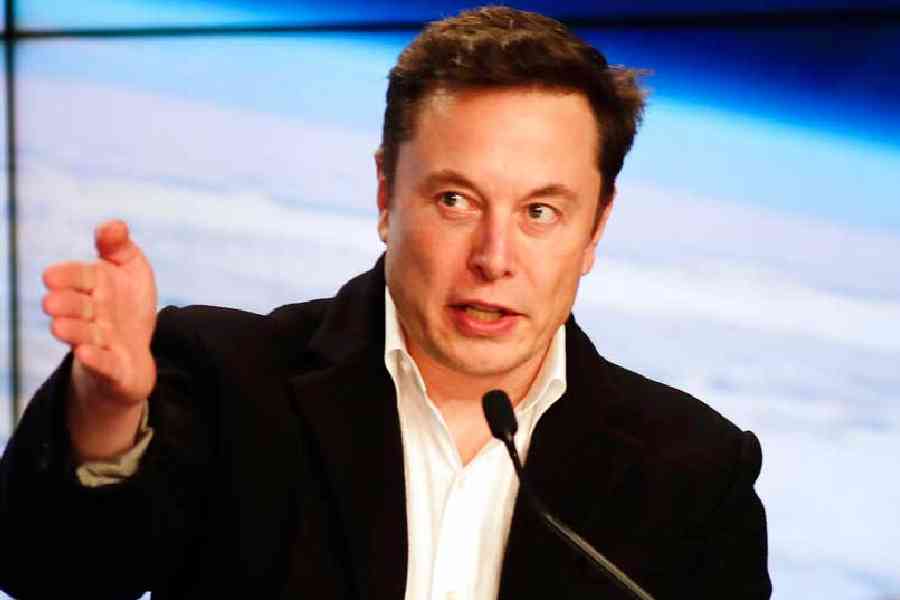Elon Musk recently said Twitter’s advertising business was on the upswing. “Almost all advertisers have come back,” he asserted, adding that the social media company could soon become profitable.
But Twitter’s US advertising revenue for the five weeks from April 1 to the first week of May was $88 million, down 59 per cent from a year earlier, according to an internal presentation obtained by The New York Times. The company has regularly fallen short of its US weekly sales projections, sometimes by as much as 30 per cent, the document said.
That performance is unlikely to improve anytime soon, according to the documents and seven current and former Twitter employees.
Twitter’s ad sales staff is concerned that advertisers may be spooked by a rise in hate speech and pornography on the social network, as well as more ads featuring online gambling and marijuana products, the people said. The company has forecast that its US ad revenue this month will be down at least 56 per cent each week compared with a year ago, according to one internal document.
These issues will soon be inherited by Linda Yaccarino, the NBCUniversal executive whom Musk named Twitter’s chief executive last month. She is expected to start the job on Monday, four people familiar with the situation said.
Yaccarino declined to comment through a spokesman. Musk did not respond to a request for comment.
The state of Twitter’s advertising is crucial because ads have long made up 90 per cent of the company’s revenue. After Musk bought Twitter for $44 billion in October and took the company private, he vowed to build “the most respected ad platform”. But he quickly alienated advertisers by firing key sales executives, spreading a conspiracy theory on the site and welcoming back barred Twitter users.
In response, several large ad agencies and brands, including General Motors and Volkswagen, paused their ad spending on Twitter. Musk has said Twitter was on track to post $3 billion in revenue in 2023, down from $5.1 billion in 2021, when it was a public company.
Twitter’s valuation has since plunged. In March, Musk said the company was worth $20 billion, down more than 50 per cent from the $44 billion he paid for it. Last week, the mutual funds giant Fidelity, which owns shares in Twitter, valued the company at $15 billion.
Twitter feels increasingly “unpredictable and chaotic”, said Jason Kint, chief executive of Digital Content Next, an association for premium publishers. “Advertisers want to run in an environment where they are comfortable,” he added.
Some of Twitter’s biggest advertisers — including Apple, Amazon and Disney — have been spending less on the platform than last year, three former and current Twitter employees said. Large specialised “banner” ads on Twitter’s trends page, which can cost $500,000 for 24 hours and are almost always bought by large brands to promote events.
New York Times News Service










